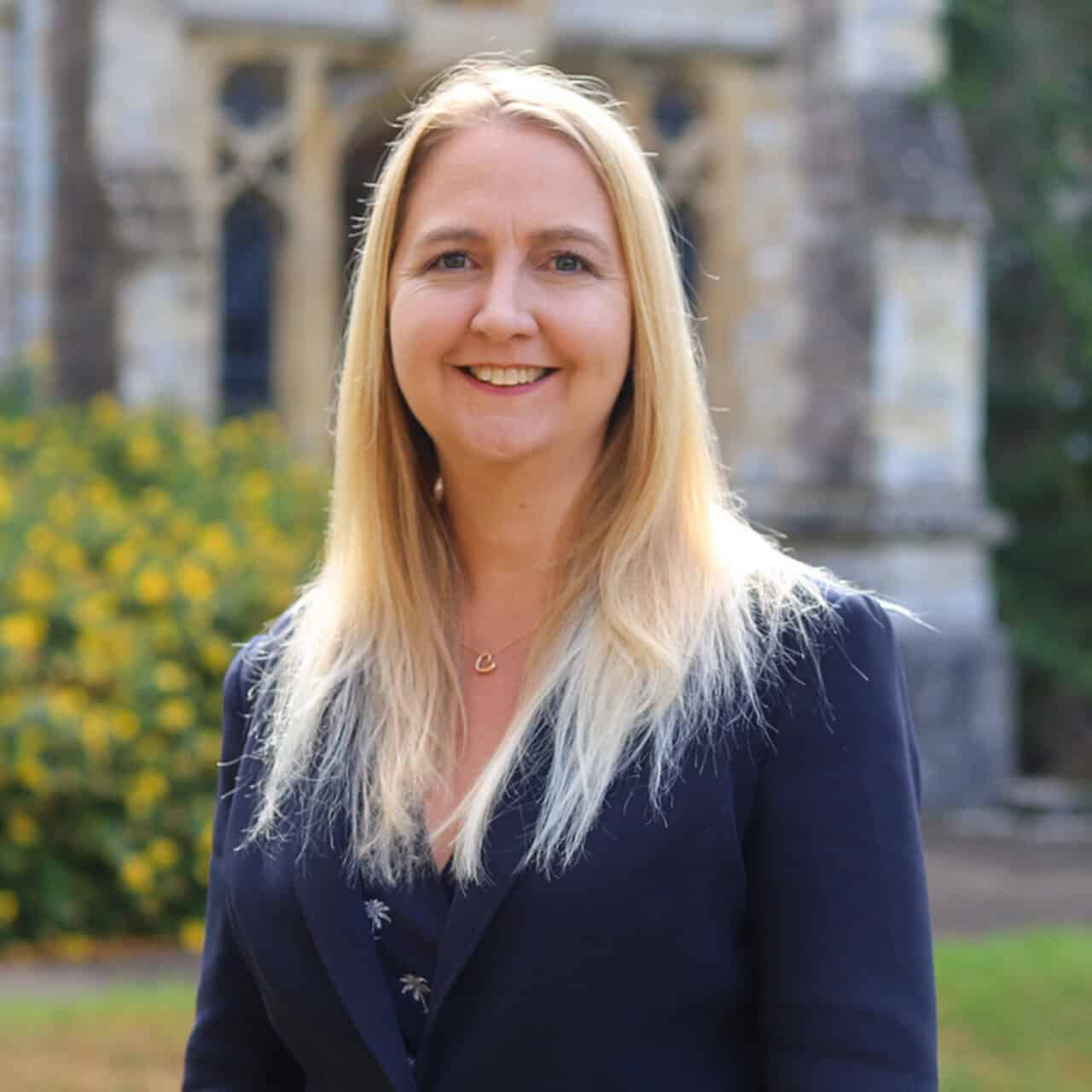Unveiling the impact of psychology in esports

University of Chichester academics are taking the lead in collating research to provide insights into stress amongst esports players.
Many esports competitors face enormous pressure in their professional lives, leading to potential mental and physical health problems. Competitors like Johan Sundstein (N0tail) and Jesse Vainikka (JerAx) have the potential to earn millions of dollars throughout their careers. According to Statista (September 2023), the top 10 players individually earn between 5 and 7 million US dollars in their professional journeys. However, the rigours of competition, which include audience expectations, competitive leaderboards, and team demands, have only recently been empirically examined.
Now the University of Chichester’s Dr Benjamin T Sharpe is leading a special issue in Journal of Electronic Gaming and Esports to provide a platform for research into pressure and its impact on esports players.
Dr Benjamin T Sharpe, special issue lead Guest Editor and Lecturer in Cognitive Psychology, explains: “Ongoing research endeavours employing a combination of methodologies persist in examining this subject, underscoring its pivotal role in safeguarding the enduring viability of esports and gaming, the players involved, and the sustainability of their professional careers.”

The special issue intends to close the gap in the lack of experiments, longitudinal research, and interventional studies needed to explore the psychological impact of competition and pressure in a range of contexts. Interested authors are required to submit their manuscripts by May 13, 2024, and submit through ScholarOne: https://mc.manuscriptcentral.com/hk_jege.
Dr Phil Birch, Senior Lecturer in Sport and Exercise Psychology will provide editorial support for the special issue and adds: “More investigation regarding pressure in esports is certainly needed from perspectives beyond performance, behavioural, and cognitive psychology, including but not limited to, clinical psychology, organisational psychology, educational psychology, and neuroscience. As such, we hope the special issue attracts a wide range of research in the area to advance understanding.”





